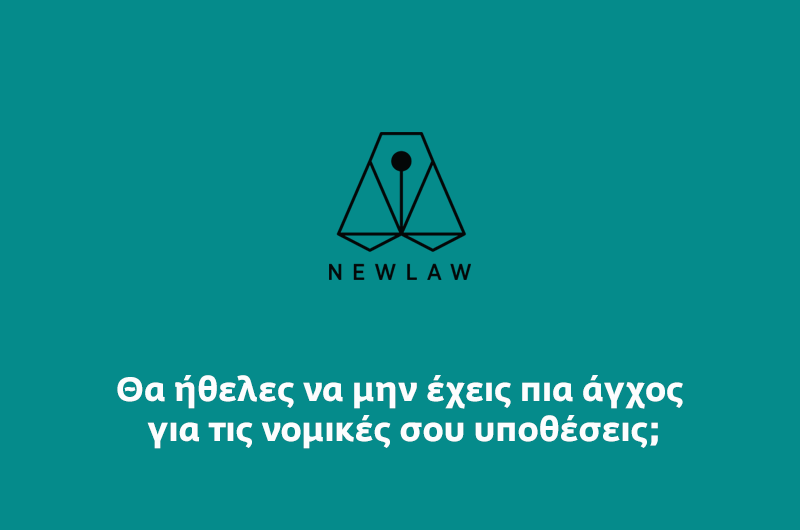

The direct online payment of the Value Added Tax (VAT) by the companies promptly after the client’s payment had been a matter of debate for years. Thus the problem of debts to the Tax Department due to non-payment of the VAT could be solved, as well as the issue of tax evasion on behalf of big and small companies.
The project provides the use of special point-of-sale terminals (POS) for all payments that concern retail sales by shops, businesses, as well as self-employed (doctors, engineers, lawyers, technicians etc.) and their online connection with the General Secretariat for Information Systems (GSIS) of the Ministry of Finance.
The project also stipulates that even the ‘roving’ self-employed will be supplied with ‘portable’ gadgets which will be the size of a cigarette packet.
According to Ministry of Finance sources, there will be an automatic revenue record of the businesses with this new system, as well as a verification of the correspondent taxes including VAT, which will be paid directly to a State account. Furthermore, apart from the financial profile of the salesperson, the consumers’ expenses will also be recorded; hence, there will be a whole picture of the living expenses and acquisition of property, which will be compared to the registered income in order that cases of income underreporting and tax evasion can be detected.
Moreover, the project stipulates the reduction of the transaction limit in cash both between company-supplier and the consumers’ markets. One of the scenarios examined is to set a ceiling on the cash payments with a limit of 200 - 300 €.
On the basis of the current status quo, the payment transactions among businesses that exceed the limit of 500 euros have to be made via the bank system, while the purchases by citizens that exceed the amount of 1,300€ are to be paid exclusively by debit card, credit card or checks.

The direct online payment of the Value Added Tax (VAT) by the companies promptly after the client’s payment had been a matter of debate for years. Thus the problem of debts to the Tax Department due to non-payment of the VAT could be solved, as well as the issue of tax evasion on behalf of big and small companies.
The project provides the use of special point-of-sale terminals (POS) for all payments that concern retail sales by shops, businesses, as well as self-employed (doctors, engineers, lawyers, technicians etc.) and their online connection with the General Secretariat for Information Systems (GSIS) of the Ministry of Finance.
The project also stipulates that even the ‘roving’ self-employed will be supplied with ‘portable’ gadgets which will be the size of a cigarette packet.
According to Ministry of Finance sources, there will be an automatic revenue record of the businesses with this new system, as well as a verification of the correspondent taxes including VAT, which will be paid directly to a State account. Furthermore, apart from the financial profile of the salesperson, the consumers’ expenses will also be recorded; hence, there will be a whole picture of the living expenses and acquisition of property, which will be compared to the registered income in order that cases of income underreporting and tax evasion can be detected.
Moreover, the project stipulates the reduction of the transaction limit in cash both between company-supplier and the consumers’ markets. One of the scenarios examined is to set a ceiling on the cash payments with a limit of 200 - 300 €.
On the basis of the current status quo, the payment transactions among businesses that exceed the limit of 500 euros have to be made via the bank system, while the purchases by citizens that exceed the amount of 1,300€ are to be paid exclusively by debit card, credit card or checks.











